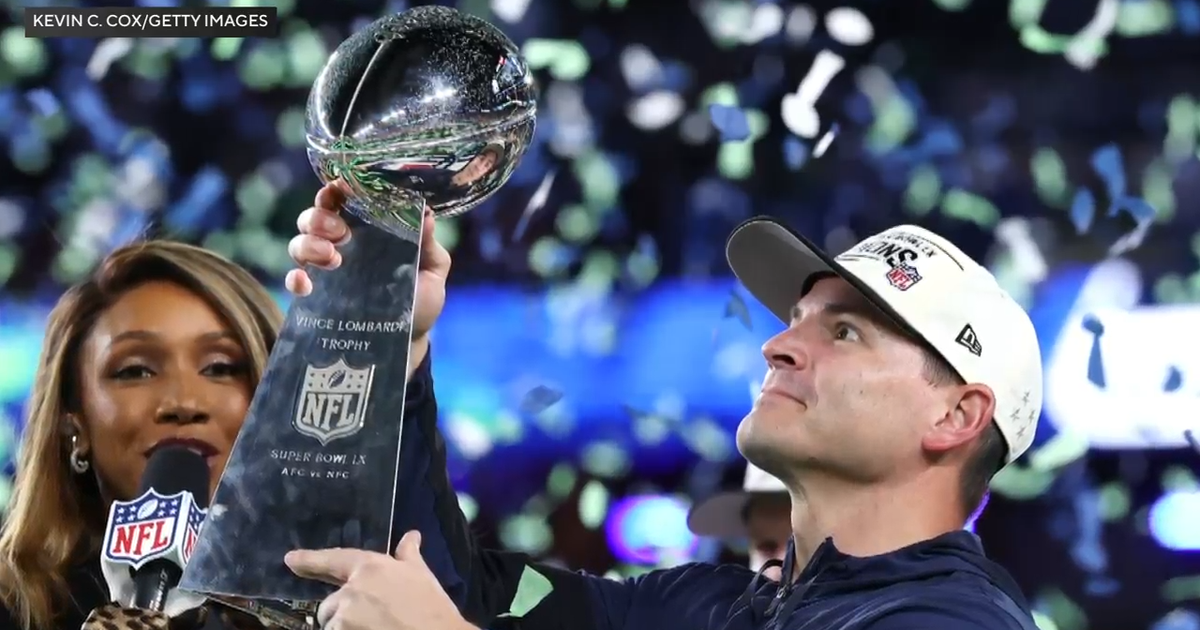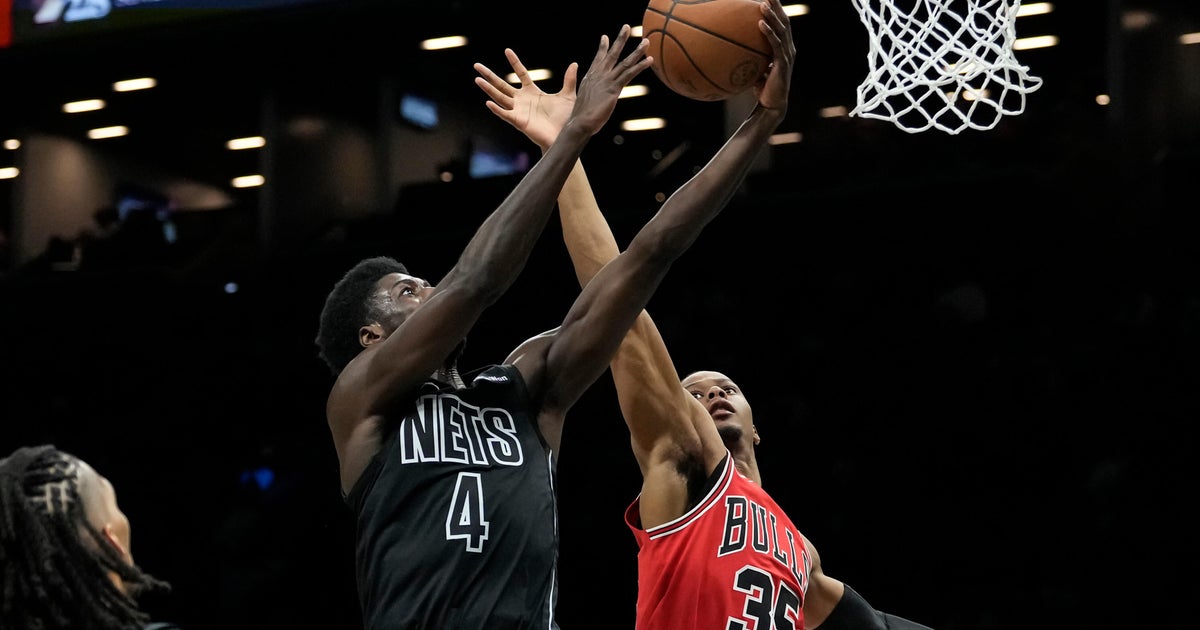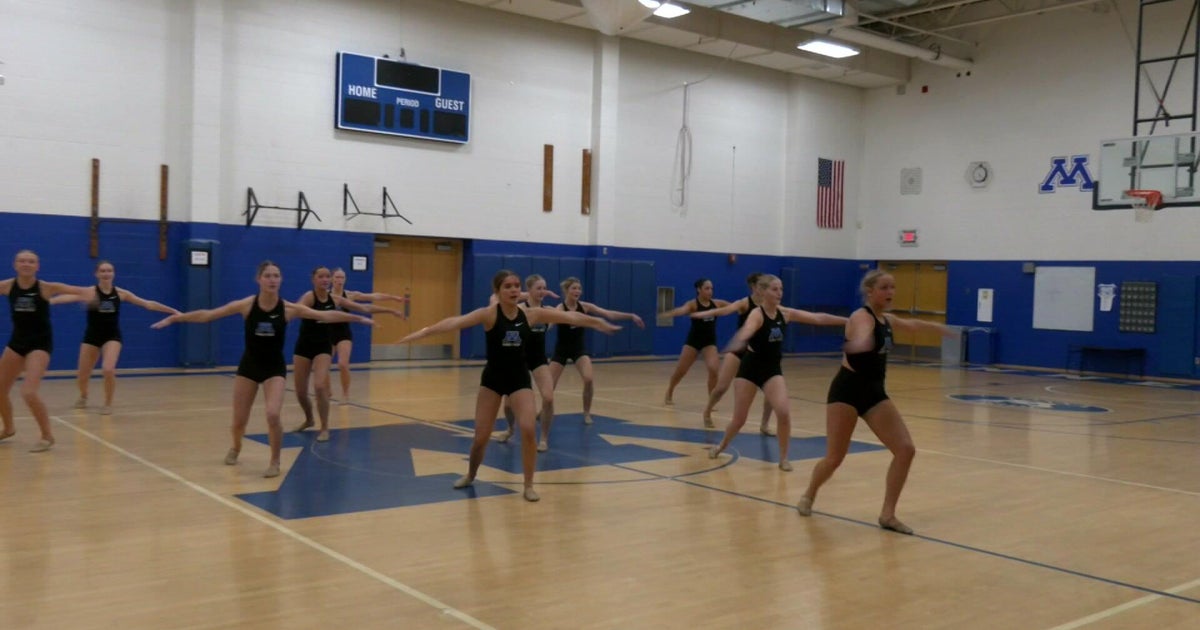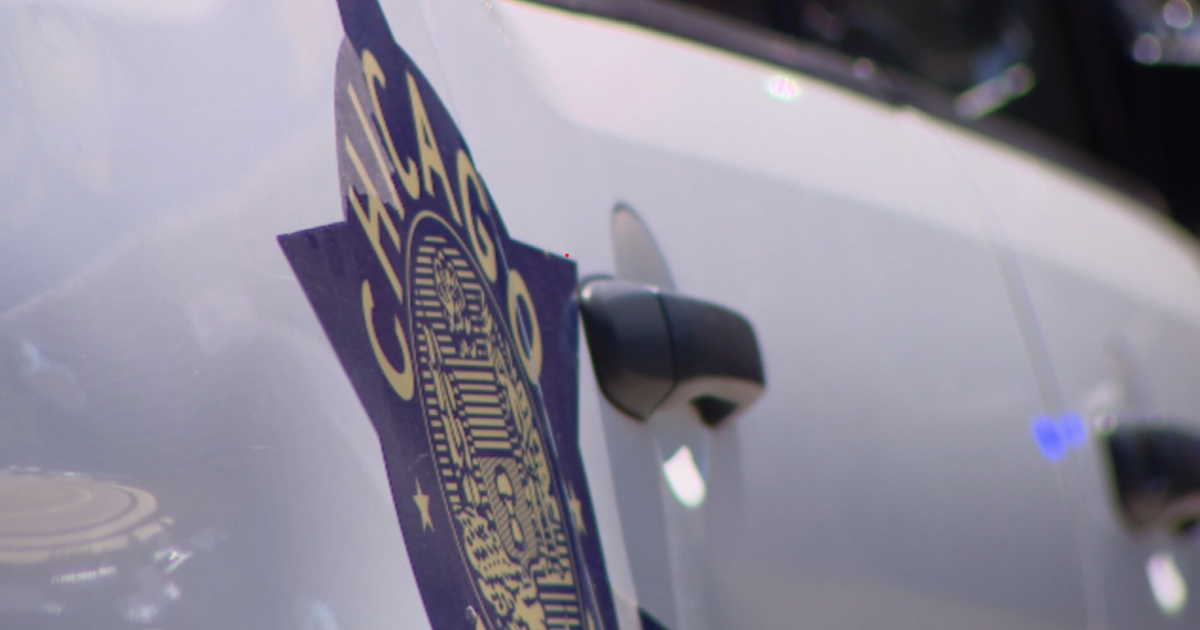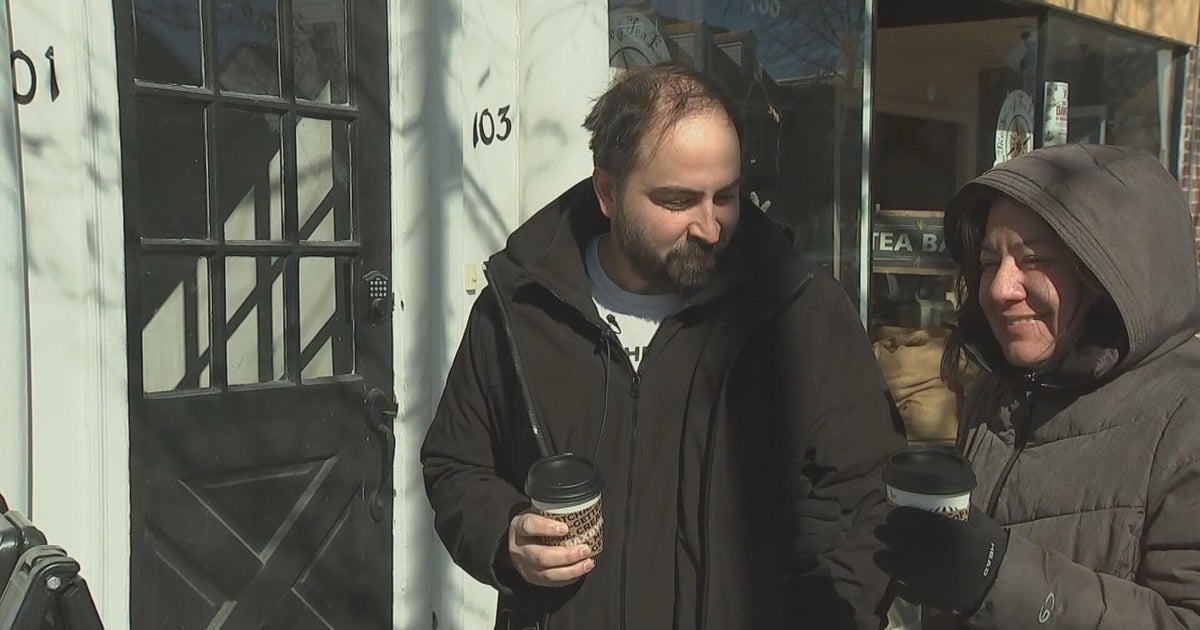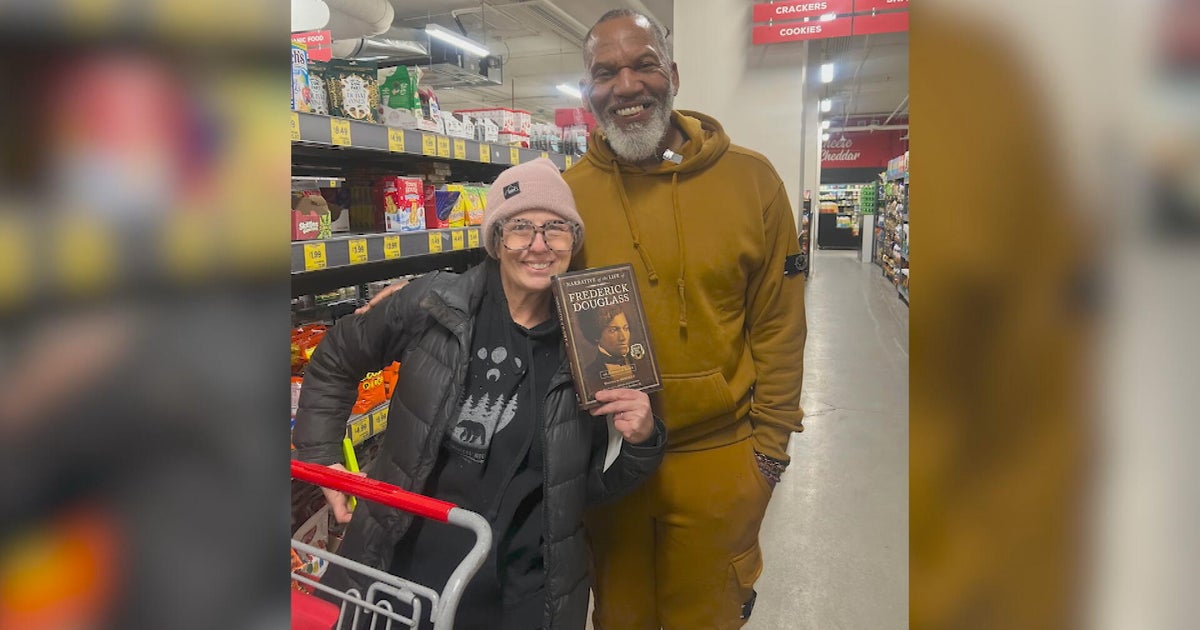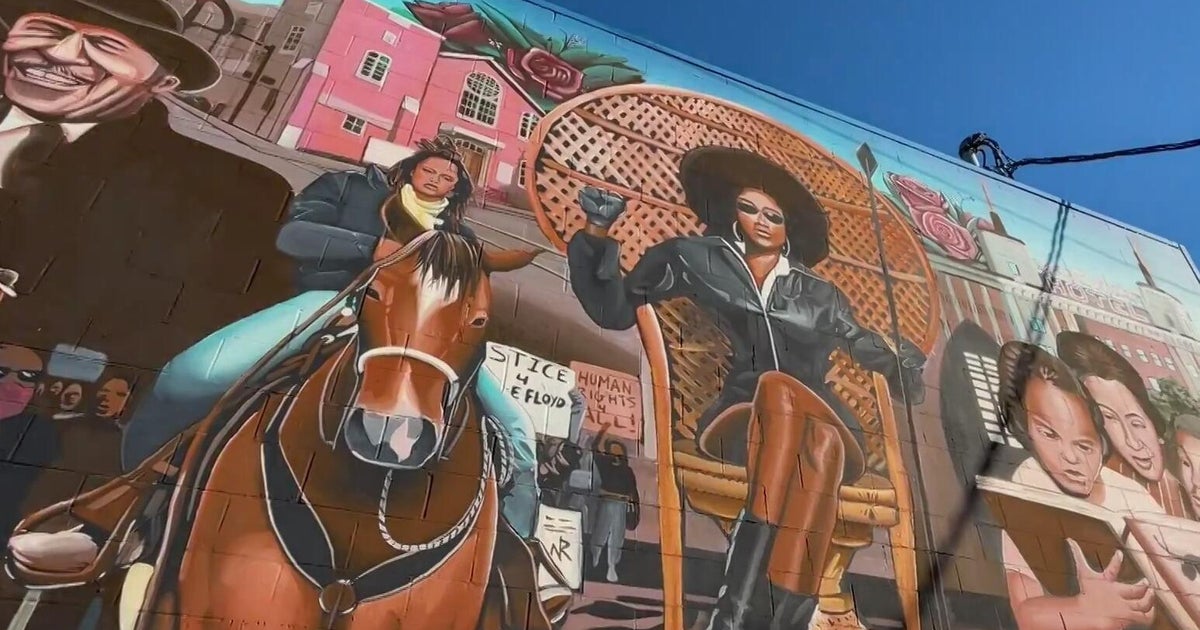Boxing Remembers Angelo Dundee
MIAMI (CBSMiami) – Angelo Dundee will best be remembered as the man behind the success of Muhammad Ali. But Dundee's impact was felt far and wide in the boxing community and in South Florida.
Dundee died surrounded by his family Wednesday, leaving a large legacy across the sport known as the sweet science. He also established the Fifth Street Gym on Miami Beach where scores of fighters have trained hoping for their shot at greatness.
"I was very shocked and saddened that we had lost a great man in Angelo Dundee," said legendary boxing promoter Don King. "He was the personification of better America. That means he judged people by the content of their heart and their character rather than the pigmentation of their skin."
It wasn't always easy for Dundee. He never wavered in his support for Ali, even during the boxer's most controversial times in the 1960's and 1970's.
"He always said, 'it doesn't cost anything to be nice,'" King remembered Dundee saying. "He lived that. He walked the walk and he talked the talk."
Those in boxing also knew him as an ambassador for boxing and a figure of integrity in a sport that often lacked it. Dundee was regarded as one of the sport's greatest ambassadors as well as a master motivator and clever corner man.
In a career that spanned six decades, he trained 15 world champions, including Sugar Ray Leonard, George Foreman, Carmen Basilio and Jose Napoles.
"He approached his work innovatively and imaginatively," King said. "He had a never say die attitude. He always was optimistic and positive. He gave the guys a lot of courage in what they were trying to do and how they could do it."
His legacy will always be linked to Ali. Together, they were one of the most successful fighter-trainer relationships in boxing history. With Dundee's help, Ali become the first to win the heavyweight title three times.
The pair would travel around the world for fights to such obscure places as Ali's October 1974 bout in Zaire against Foreman dubbed "The Rumble in the Jungle," and Ali's third fight against Joe Frazier in Quezon City, Metro Manila, Philippines, called by promoters as the "Thrilla in Manila."
"Ali was the template," King said. "With Ali, he (Dundee) was a history-maker."
"He was an everyday guy and he could relate person-to-person," King continued. "It wasn't putting on an act. He lived it as well as he talked it."
In an age of boxing when fighter-manager relationships rarely last, Dundee and Ali would never split.
When Cassius Clay angered white America by joining the Black Muslims and become Muhammad Ali, Dundee never wavered. When Ali defied the draft at the height of the Vietnam war, losing 3 1/2 years from the prime of his career, Dundee was there waiting for the heavyweight's return.
And when Ali would make bold projections, spewing poetry that made headlines across the world and gave him the nickname "The Louisville Lip," Dundee never asked him to keep quiet.
"He was more than a trainer," King said. "He was a psycho-analyst. He was a trainer. He was a guy who could sit down and absorb all the cries and woes of the world from the fighters. He became a moderator of these things. With Muhammad Ali, he was just a gem."
His time with Ali established a legacy for Dundee, but also established Ali as not only the best boxer of his generation, but arguably the "Greatest" of all-time.
